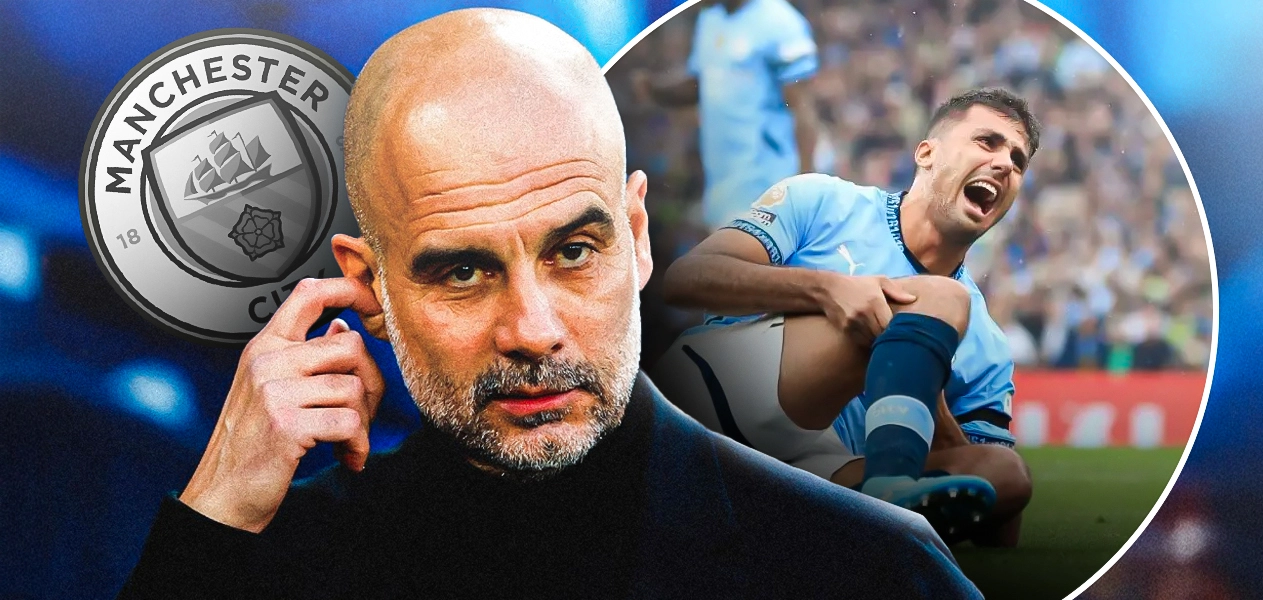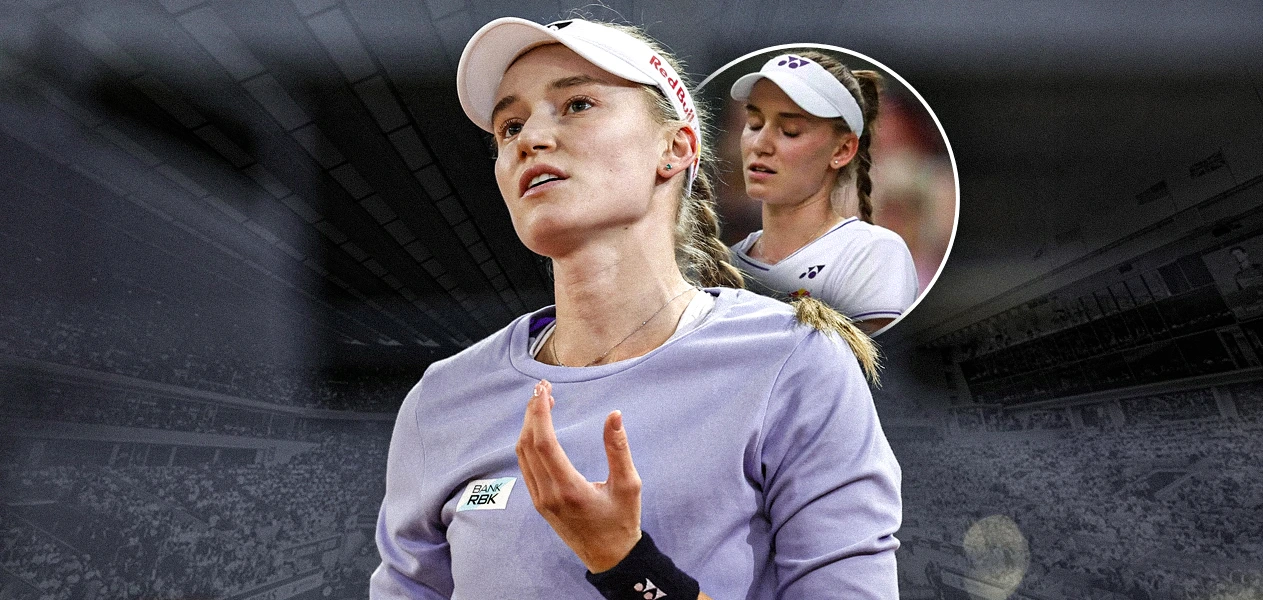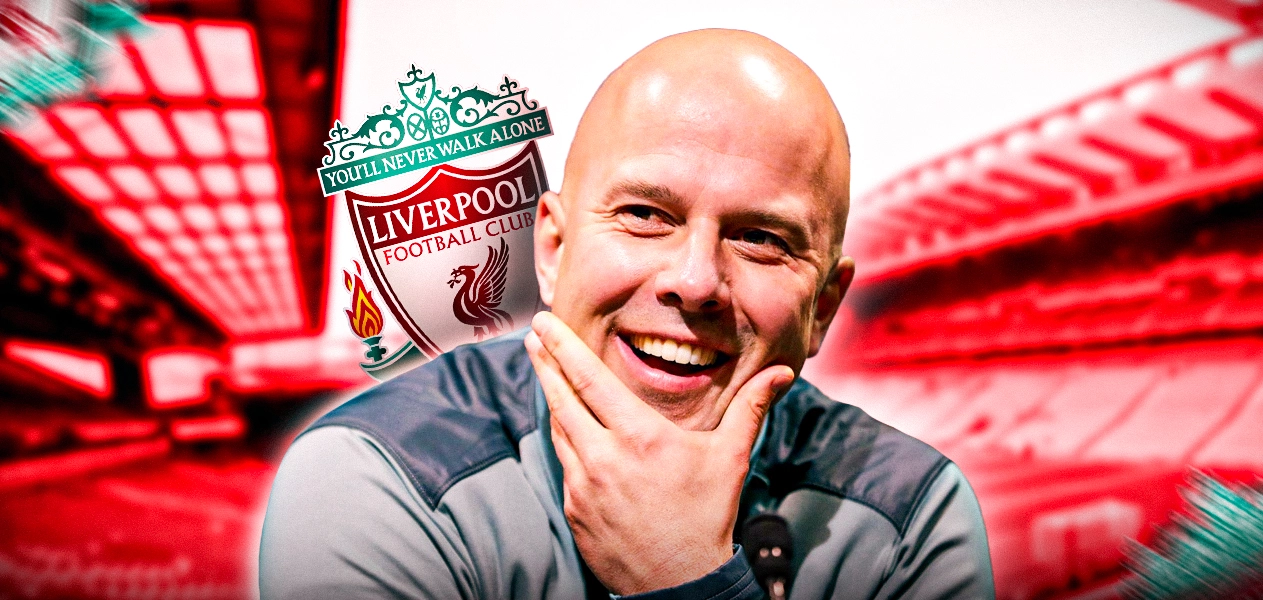Brand sponsorships have been the holy grail of stardom in the sports industry for decades now. By the virtue of their personality and performances on the pitch, the athletes are able to use these sponsorships to translate their success into a celebrity that not only brings household recognition, but a multitude of income.
When a brand partners itself with an athlete, it not only takes a punt on their potential success within their game, but also on the person’s overall character and capacity to act as an upstanding, decent human being. If any of these factors were to render said athlete not liked by the general public, the entire venture would be deemed a failure, so naturally, when some news, allegations, rumours, or facts emerge about someone regarding something they may or may not have done, things get complicated.
HOW SCANDALS AFFECT BRANDS?
The answer’s not a hard one – reputation. These brands are built upon a promise of quality and respect which is governed by a set of moral and ethical standards that they need to uphold at all costs. A brand ropes in an athlete to leverage their reputation for its own monetary gain – to endear itself to the public by giving them a chance to associate themselves with a famous personality they idolise. Of course, if some negative information comes to light regarding said personality, the brands associated with them are also called into question. All the talks of promise and claims of a high standard of class goes out the window if the person you’re so proudly venerating the legacy of is complicit in acts not deemed acceptable in the society.
Hence, brands stand to lose a lot more than just money if the personalities they sponsor have some skeletons in their closet – something Nike, the American sportswear giant, knows all too well, who felt the walls of criticism crashing down on itself when former professional cyclist and cancer survivor Lance Armstrong was (finally) convicted of doping in 2012.
HOW DO BRANDS REACT?
Of course, Lance Armstrong’s was a case of an athlete found out to be cheating in the very game they were deemed the champion of. Situations like these, brands have little choice but to end all ties with the wrongdoer. However, it’s not always this simple. Even in this age of cancel culture, brands have to assess a lot of factors before they can make any concrete decision.
The nature of the scandal
Sometimes brands take a different, subjective approach on how to deal with a scandal, depending on the nature of the scandal. Case in point, while Lance Armstrong effectively cheated his way to glory, meaning Nike had no choice but to end its partnership with the cyclist, the sportswear brand stuck by the side of Wayne Rooney, who in 2009 was accused of cheating on his wife, Coleen – an allegation frequently pitted against the English footballer. Nike was joined by EA Sports in this stand, who both explained their decision based on the fact that not only was it merely an allegation, the matter was of a ‘private’ nature and had no direct relationship with the footballer’s on-pitch activities. Coca-Cola, on the other hand, went ahead and dropped Rooney from its sponsorship portfolio. Nike has taken similar stances with Tiger Woods, who had a highly publicised affair and a subsequent divorce.
However, some companies don’t wait to check whether the scandal directly pertains to an athlete’s on-field antics. Legendary swimmer Michael Phelps was dropped by American cereal brand Kellogg after a photo of him allegedly smoking marijuana went viral.
The veracity of an allegation
Sometimes a brand may refrain from making any drastic decision if the scandal is based on an allegation that lacks concrete evidence. When Cristiano Ronaldo was subject of a rape allegation in 2018, Nike chose to stick by him, saying there would “closely monitor the situation”. EA Sports, however, did decide to not follow in Nike’s footsteps, and pulled Cristiano’s image from the major adverts of its then FIFA instalment, FIFA 19.
Brand’s contract with the athlete
In many cases, especially if the scandals are based on allegations, the brands asses the nature of their running contract with the athlete, the severity of the allegation, and the amount of money they would stand to lose before making any decision. Case in point, Nike’s relationship with Neymar had become strained over the past few years as the Brazilian footballer was not only subject of tax fraud allegations, but also rape. While they “expressed deep concern” and stuck by him in the moment, they eventually decided not to renew his contract, as Neymar went on to sign with Puma.
Here are my five most high-profile athletes whose scandals resulted in massive sponsorship loss.
LANCE ARMSTRONG – Arguably, Armstrong’s downfall goes down as one of the most scandalous ones in history. The seven-time Tour de France champion was stripped of all of his titles in 2012 when the United States Anti-Doping Agency served him a lifetime ban from any professional sporting event governed by the organisation. Armstrong lost his nine major sponsors in 24-Hour Fitness, Anheuser-Busch, Easton-Bell Sports, FRS, Honey Stinger, Nike, Oakley, Radio Shack, and Trek, resulting in a loss estimated to be around US$150 million.
TIGER WOODS – A car-crash followed by a media storm that divulged Woods’ affair plummeted the golfer’s value and reputation within the game. He suffered a US$22m worth of loss and was dropped by Accenture, AT&T, Buick, Gatorade, Gillette, and Tag Heuer, followed by a US$100 million divorce.
KOBE BRYANT – The late basketball legend suffered a massive dent in his reputation in 2003 after a rape allegation saw him lose his sponsorship deals with McDonald’s, Coca-Cola, Nutella, and Spalding. However, Nike stuck by him, and few years later he was soaring to new heights again, both on and off the court.
MIKE TYSON – The late 1980s saw Mike Tyson’s remarkable downfall as multiple incidents of car accidents, alleged suicide attempts, police encounters and accusations of domestic violence and drug abuse from ex-wife Robin Givens meant the legendary boxer would go on to be dropped by Pepsi, Toyota, Kodak, Suntory Beer, USA Today, and Nintendo, and lose a reported US$10.75 million in sponsorship revenue.
OSCAR PISTORIUS – South African Paralympic Champion Oscar Pistorius shot and killed his girlfriend, model Reeva Steenkamp, on 14 February 2013, claiming he mistook her for an intruder. Initially found guilty of culpable homicide that served him a five-year prison sentence, Pistorius was eventually charged with murder and had his sentence increased to thirteen years and five months. Oh, and he lost US$2 million in sponsorship revenue and was dropped by all of his sponsors in Mugler, Nike, Oakley, and Thierry.
Written By
Anshuman Joshi






Leave a Reply